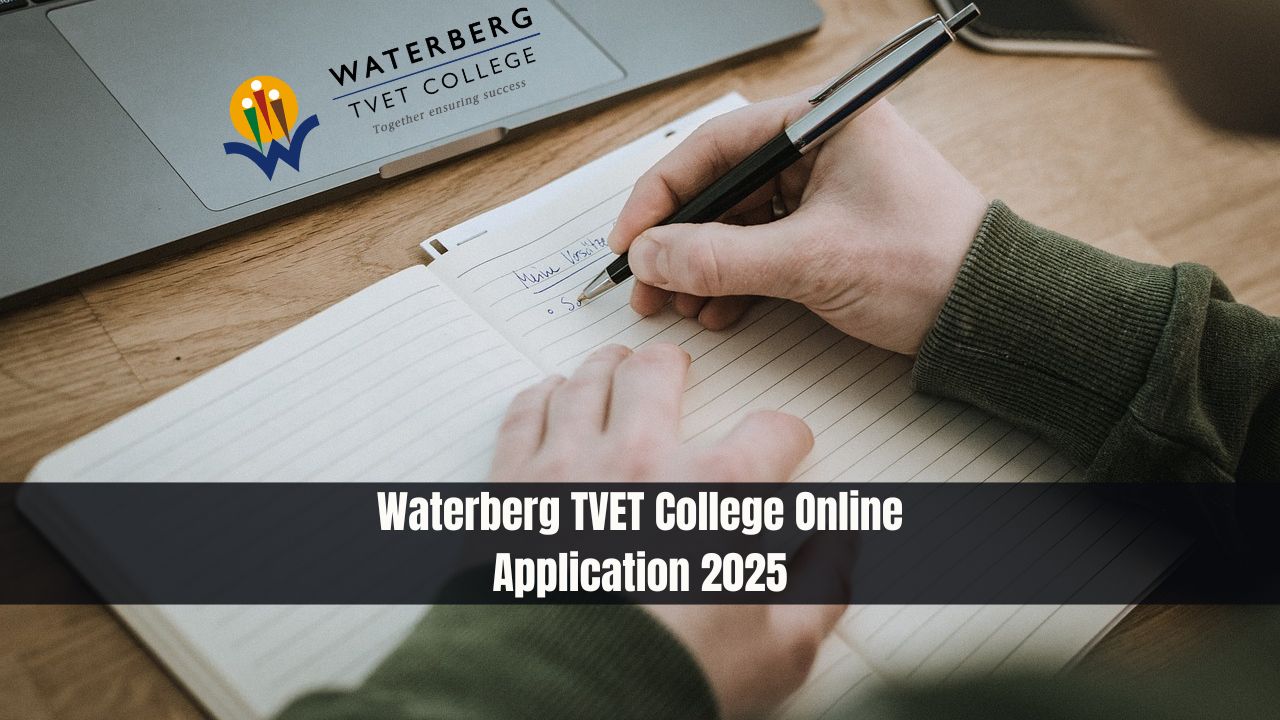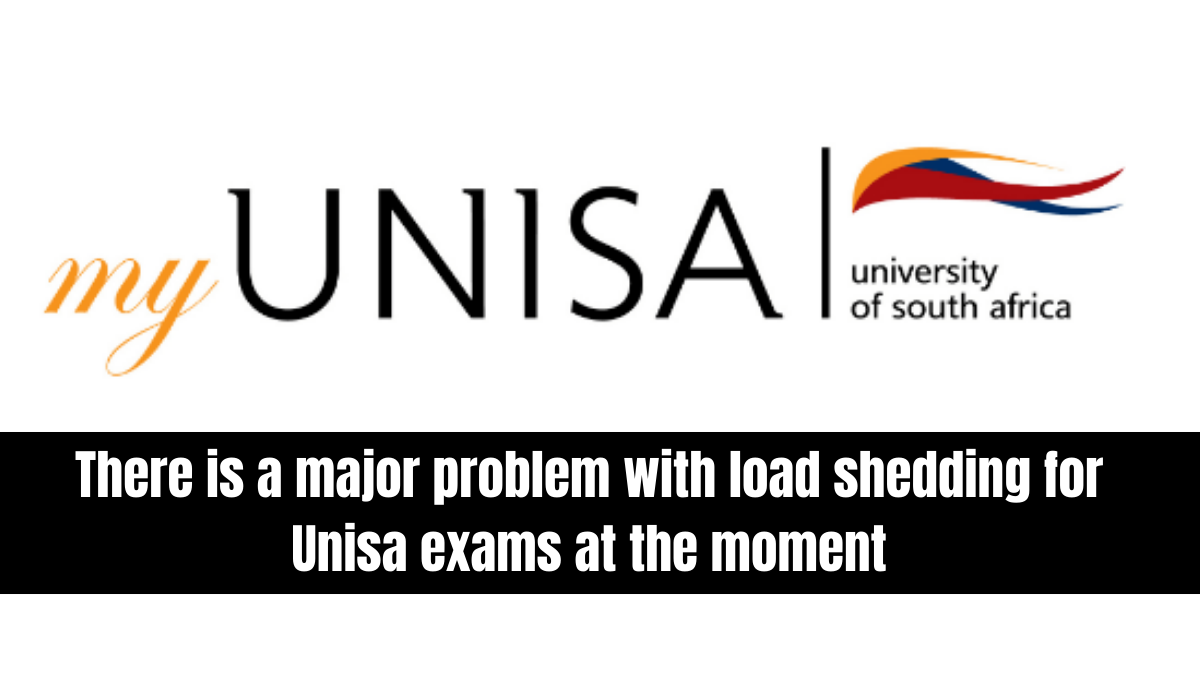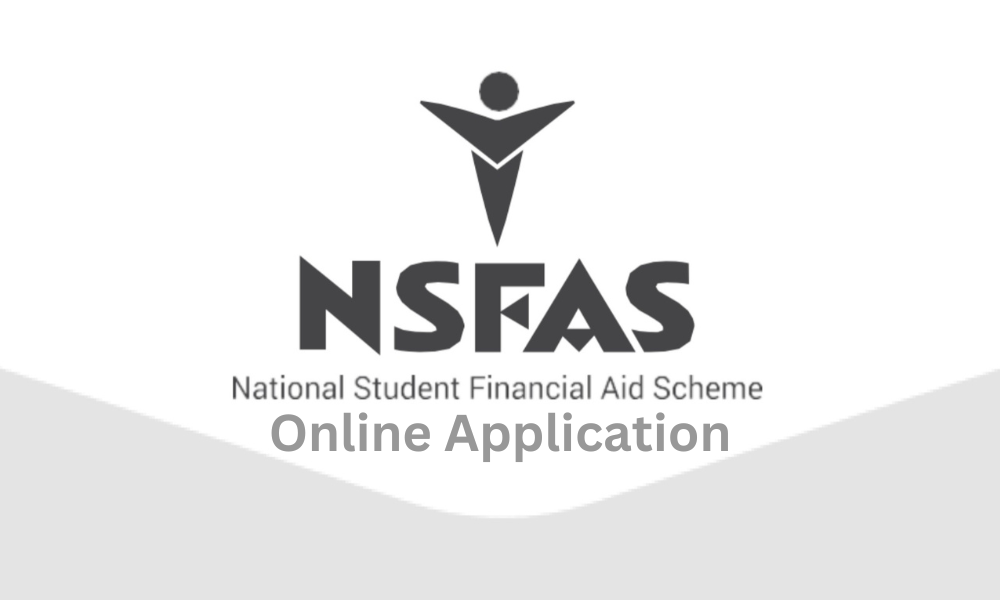TVET Students Push for Action on Diploma Delays. TVET College students across South Africa are raising their voices louder than ever, protesting against long-standing diploma and certificate issuance delays that continue to disrupt their professional and academic futures. The crisis has escalated to a national level, with over 1,000 students signing a petition demanding swift intervention from the Department of Higher Education and Training (DHET).
Growing Frustration Over Delays in TVET Diplomas
Students enrolled in Technical and Vocational Education and Training (TVET) Colleges have expressed immense dissatisfaction due to significant administrative delays in receiving their qualifications. For many, this paperwork represents more than just a certificate—it is a gateway to employment, further education, and financial independence.
How Diploma Delays Are Affecting TVET Graduates
The inability to obtain official diplomas has had a severe impact on job prospects. Employers often require proof of qualification for hiring decisions. Without proper documentation, even the most capable graduates are missing out on job opportunities and internships.
In many cases, students who have completed their qualifications are now financially burdened, unable to start working or apply for better prospects due to the lack of official recognition of their completed studies.
DHET Responds to Petition | 18,000 Diplomas Released in 2024
In response to the national outcry and growing petition, the Department of Higher Education and Training (DHET) has issued a public statement acknowledging the problem. The department revealed that significant delays occurred in 2024, but added that they have now printed and released 18,000 diplomas to eligible students.
To minimize further impact, the DHET issued confirmation letters to qualifying students, serving as temporary proof that they had completed their studies.
Urgent Call to Action: Students Encouraged to Log Concerns Online
The DHET has urged all students who are still awaiting their diplomas to visit the official website at www.e-services.gov.za. Here, they can register and report their issues, which the department promises to prioritize.
To accelerate the resolution of pending cases, the department has committed to expanding temporary staff capacity to manage the backlog in diploma processing.
POPI Act Creates New Barriers for TVET Students
Another rising concern is the implementation of the Protection of Personal Information (POPI) Act. Students say there is confusion around how the Act is being interpreted by companies, with some employers becoming reluctant to provide work placements.
This has become a major concern, especially for students who need practical work experience to qualify for their diplomas. DHET has promised to engage with businesses and stakeholders to ensure that POPI Act compliance does not prevent students from completing their studies.
DHET and QCTO Collaboration
The Quality Council for Trades and Occupations (QCTO) plays a vital role in ensuring quality assurance for N4–N6 qualifications and National N Diplomas. The DHET is currently awaiting further directives from QCTO, in line with their mandate under the Skills Development Act of 1998.
Lack of Work Placement Support from DHET Sparks More Criticism
Students have criticized the DHET for not providing enough support in securing mandatory work placements, which are essential to completing their diplomas. Without proper guidance and partnerships, many students struggle to find relevant opportunities in their field of study.
In response, the department has committed to working with TVET College principals to establish partnerships with local businesses. These collaborations are expected to be formalized through memorandums of understanding, enabling students to complete the required log sheets and practical experience.
TVET Colleges to Set Up Monitoring Units for Student Placement
To improve the relevance and quality of work placements, DHET has instructed all TVET College principals to create monitoring units. These units will be responsible for assessing whether students are placed in industries aligned with their qualifications, ensuring a better integration between classroom learning and workplace training.
Conclusion
The ongoing diploma delays in the TVET education system have exposed deeper administrative and operational challenges within the DHET. However, with increased student activism, stakeholder engagement, and departmental commitments, there’s hope for change.










